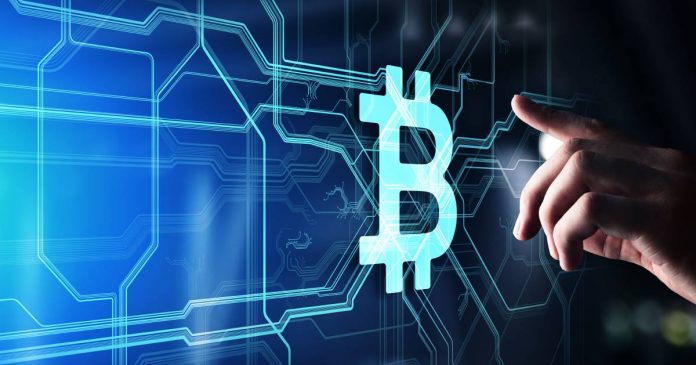Kindly utilize the sharing devices found through the offer button at the top or side of the articles. Replicating articles to impart to others is a break of FT.com T&Cs and Copyright Policy. Email [email protected] to purchase extra freedoms. Supporters might share up to 10 or 20 articles each month utilizing the gift article administration.
In the previous week, three decentralized finance bunches have stepped in with crisis intends to shield their undertakings and clients from monetary agony despite tumbling cryptographic money costs.
The three stages — Maker DAO, Bancor, and Solid — are not easily recognized names. However, they are unmistakable in the realm of decentralized finance, an edge of the crypto world meaning to fabricate an option monetary framework without a focal dynamic power.
However, steep decreases as of late have cleaned $2tn, or more than 70%, off the complete market worth of crypto since November — conveying a sharp kick to those decentralization dreams.
“I don’t consider numerous these business people made arrangements for this in their situation examination,” said Stephen Diehl, a programmer who has become one of crypto’s most high-profile cynics. “It truly addresses a more profound truth that the majority of the decentralization manner of speaking in crypto is, best case scenario, optimistic and even from a pessimistic standpoint simply void showcasing.”
Allies of decentralized finance, or DeFi, have been influenced by the commitment to an idealistic monetary future without a brought-together go-between like a bank or stock trade. Those layers only add expenses and make the monetary framework more wasteful, they say.
Rather clients can trade, loan, and get resources by utilizing gets that are characterized in PC code. Choices on the future course of these stages are not set in stone by a cast of votes from individuals who own unique administration tokens. They are frequently given to designer groups and early financial backers.
Be that as it may, DeFi has gained notoriety for being the most stunning of the “Wild West” in the generally unregulated crypto world, with ordinary robberies of tokens worth a huge number of dollars as programmers took advantage of inadequately planned frameworks.
Kindly utilize the sharing instruments found by means of the offer button at the top or side of the articles. Replicating articles to impart to others is a break of FT.com T&Cs and Copyright Policy. Email [email protected] to purchase extra freedoms. Endorsers might share up to 10 or 20 articles each month utilizing the gift article administration. More data can be found at
clients of Solid, a loaning stage based on the Solana blockchain, proposed assuming command over the wallet of its biggest client. The administrators dreaded the repercussions assuming the Solana coin, which plunged beneath $27, dropped to $22.30, a value that compromised the stage’s financial matters.
“[The wallet] has a very enormous room for error position that is endangering Solana convention and its clients,” it cautioned. Assuming Solana fell underneath $22.30, the waves through the market signified “Solid could wind up with awful obligation”, it cautioned.
Solid pulled out the arrangement for crisis powers following analysis from clients yet said it was “focused on safeguarding client assets, straightforwardness, and making the right decision”.
Bancor in the meantime referred to “unfriendly economic situations” as a defense for briefly stopping a help that implied clients were not generally safeguarded assuming their saved tokens were likely too large market swings. The Bancor group said it would ask those that hold the democratic ability to sanction the brief interruption.
Furthermore, Maker DAO, an aggregate that runs the Dai stablecoin — a crypto token that is intended to be fixed to the dollar — cast a ballot to freeze a connection to loaning stage AAVE, due to the last’s openness to another striving loaning stage, Celsius.
Running an exchanging network through an agreement vote in principle implies clients have more say in store for the undertaking, as per Ingo Fiedler, prime supporter of the Blockchain Research Lab and teacher at Concordia University in Montreal, Canada. However, this isn’t generally the situation, he noted.
“Administration is profoundly focused among a couple of players that might possibly co-ordinate to change the principles to their advantage and to the detriment of different clients,” Fiedler said.
The crisis plans were a justification for worldwide controllers, who have cautioned that some DeFi projects were more unified than their showcasing demonstrated.
A report by the Bank for International Settlements this week addressed whether DeFi ventures might at any point venture into a satisfactory money-related framework since designers couldn’t anticipate each market move.
“The difficulty of composing agreements to illuminate what moves to make in all possibilities requires a few focal elements to determine questions,” it noted. More productive strategies to accelerate and deal with more noteworthy volumes of installments likewise would in general prompt a more prominent convergence of registering power, it added.


































